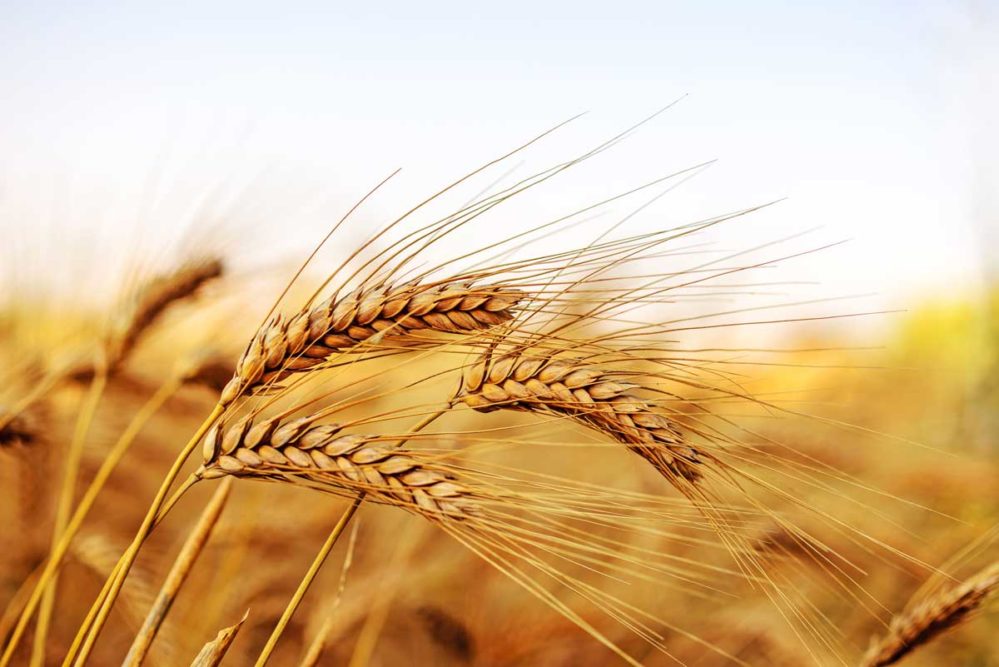WASHINGTON — A total of 21 US senators are urging the US Department of Agriculture to extend its Coronavirus Food Assistance Program (CFAP) to include all classes of wheat.
CFAP will provide relief to US producers who faced price declines and other costs due to the global coronavirus (COVID-19) pandemic.
Currently, durum and hard red spring (HRS) wheat classes are covered under CFAP while hard red winter, soft red winter, and soft white wheat classes are not currently included in the program.
In a Sept. 2 letter to the USDA, the US senators acknowledged CFAP is helping many producers impacted by COVID-19 but the program falls short to encompass all wheat.
“While the assistance remains important to those producers, these classes of wheat represent approximately 30% of 2019 production, leaving the majority of wheat farmers without access to assistance through the CFAP program,” the letter said. “The economic impact of COVID-19 has been experienced and felt by all wheat farmers across the country.”
The letter also touches on the future impact on COVID-19 will have on wheat industry prices and how it could potentially make difficult markets.
“The USDA August WASDE projects world ending stocks at record 316.8 million tonnes,” the US senators stated in the letter. “Record world ending stocks, caused in part by the impacts of COVID-19, are expected to significantly depress wheat prices.”
The National Association of Wheat Growers (NAWG), who also has urged the USDA to include all wheat classes in CFAP, echoed support of the US senators.
“NAWG wants to give a special thanks to Senate Agriculture Committee Chairman Pat Roberts and Senator Amy Klobuchar for taking the lead on this letter,” said Dave Milligan, president of NAWG. “We applaud both parties for coming together to advocate on such an important issue.”
Both the US senators and NAWG did acknowledge and commend CFAP but still urge for improvements and more inclusion be made to the program.
“Again, we want to thank the USDA for getting CFAP quickly off the ground but stress that it does not do enough for all wheat farmers,” Mr. Milligan said. “NAWG urges USDA to provide assistance to farmers of all classes of wheat and to consider 2020 crop losses and price decline when developing any future aid plan.”






